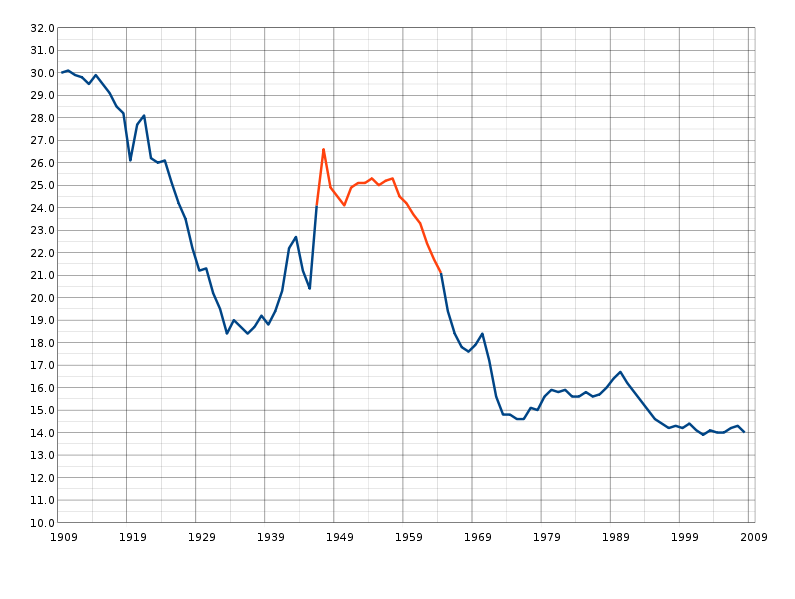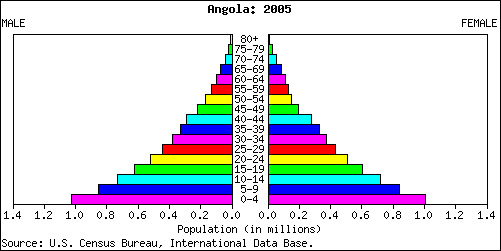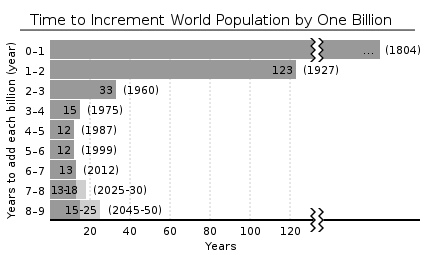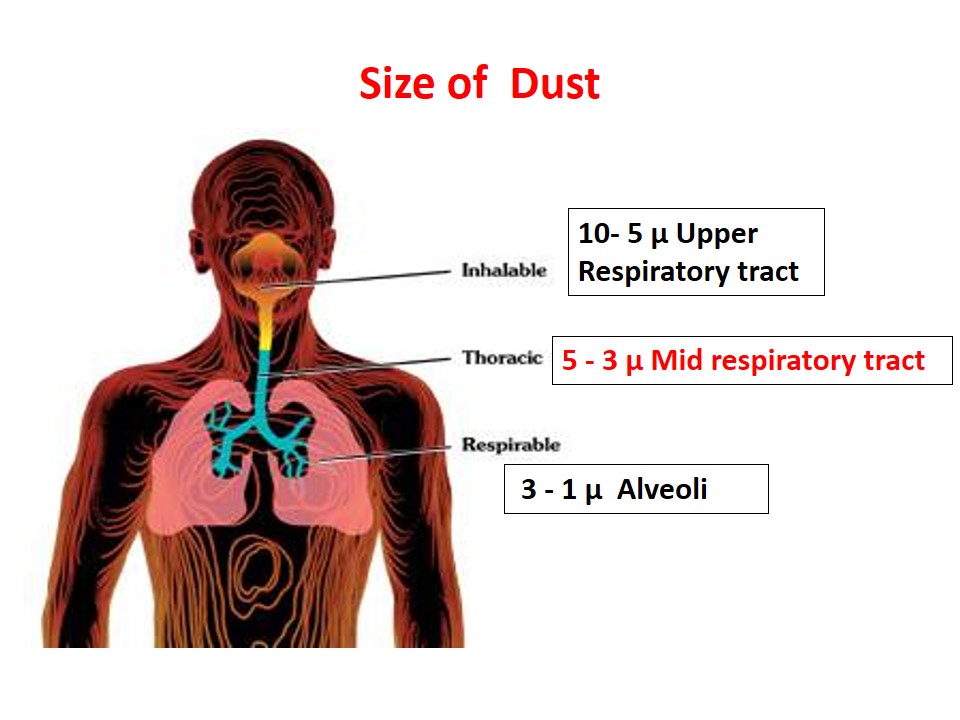The process of research has the following steps in logical sequence:
1. Identify the research question
• Define research area or problems
• Identify or develop the research question
• Describe the purpose and importance of research
• Review scientific literature
• Identify independent and dependent response variables
• State hypothesis
2. Design the study
• Plan the research setting
• Design the study and sampling technique
• Select appropriate number of subjects by inclusion and exclusion criteria
• Select data collection techniques
• Choose methods of testing and measurement
• Perform experiment/measurement on samples in controlled conditions
3. Data Analysis
• Record the raw data on worksheet and make tables for compiling ‘raw data’.
• Statistical procedures are applied to summarize quantitative information
• It involves analyzing data, interpreting and making valid conclusions
• The research hypothesis is supported or rejected
• Analysis should also lead to new question that will stimulate further study
4. Communication
• Researcher has the responsibility to share findings with the appropriate audience so that others can apply the information either in clinical practice or further research
• Report the findings in journal articles, oral presentations, poster presentations or thesis, etc.
| Questions you must ask | Steps | Important Elements | |
| Step 1 | What is the problem and why it should be studied? | Selection, analysis and statement of research problem | Problem identification Prioritizing problem Analysis Justification |
| Step 2 | What information is already available? | Literature review | Literature and other related information |
| Step 3 | Why do we want to carry out the research? What do we hope to achieve? | Formation of research question | General and specific objectives Hypothesis |
| Step 4 | What additional data do we need to meet our research objectives? How are we going to collect this information? | Research | Variables Type of study Data collection techniques Sampling Plan for data collection Plan for data processing and analysis Ethical considerations Pre-test or pilot study |
| Step 5 | Who will do what, and when? | Work plan | Personnel Time table |
| Step 6 | How will the project be administered? How will utilization of results be ensured? | Plan for project administration and utilization of results | Administration Monitoring Identification of potential users |
| Step 7 | What resources do we need to carry out the study? What resources do we have? | Budget | Material support and equipment Money |
| Step 8 | How will we present our proposal to relevant authorities and potential funding agencies | Proposal summary | Development of a research proposal is often a cyclical process |
Read more about research methodology…
- Introduction to Research Methodology
- The Basics of Research Methodology
- Choosing Research Topics
- Review of Literature for Research Purpose
- Formulating a Research Question
- Formulation of Objectives in Research
- Variables in Research
- Developing a Questionnaire in Research
- Sample Selection and Sampling Techniques
- Data Collection in Research
- Introduction to Study Designs
 howMed Know Yourself
howMed Know Yourself




